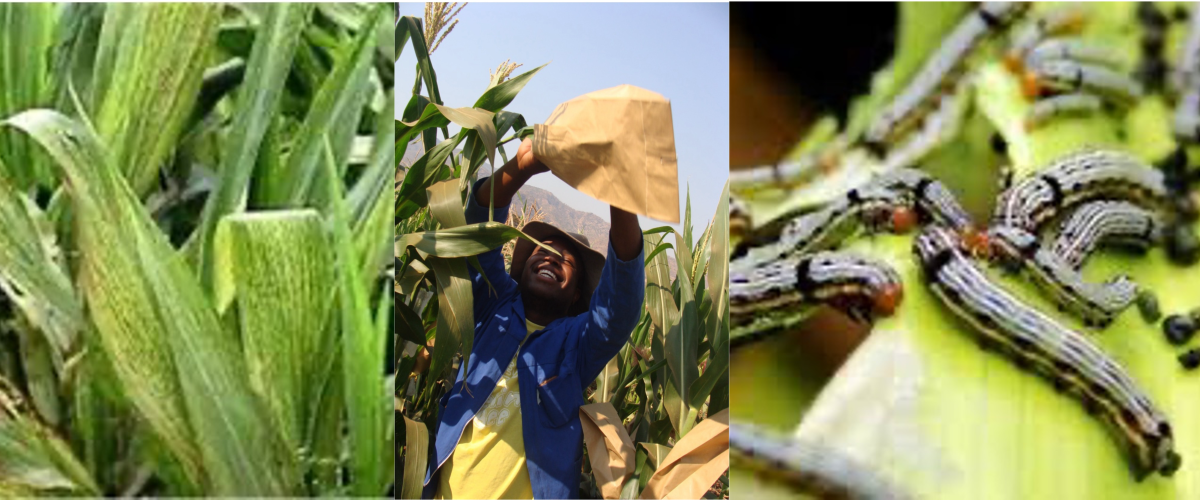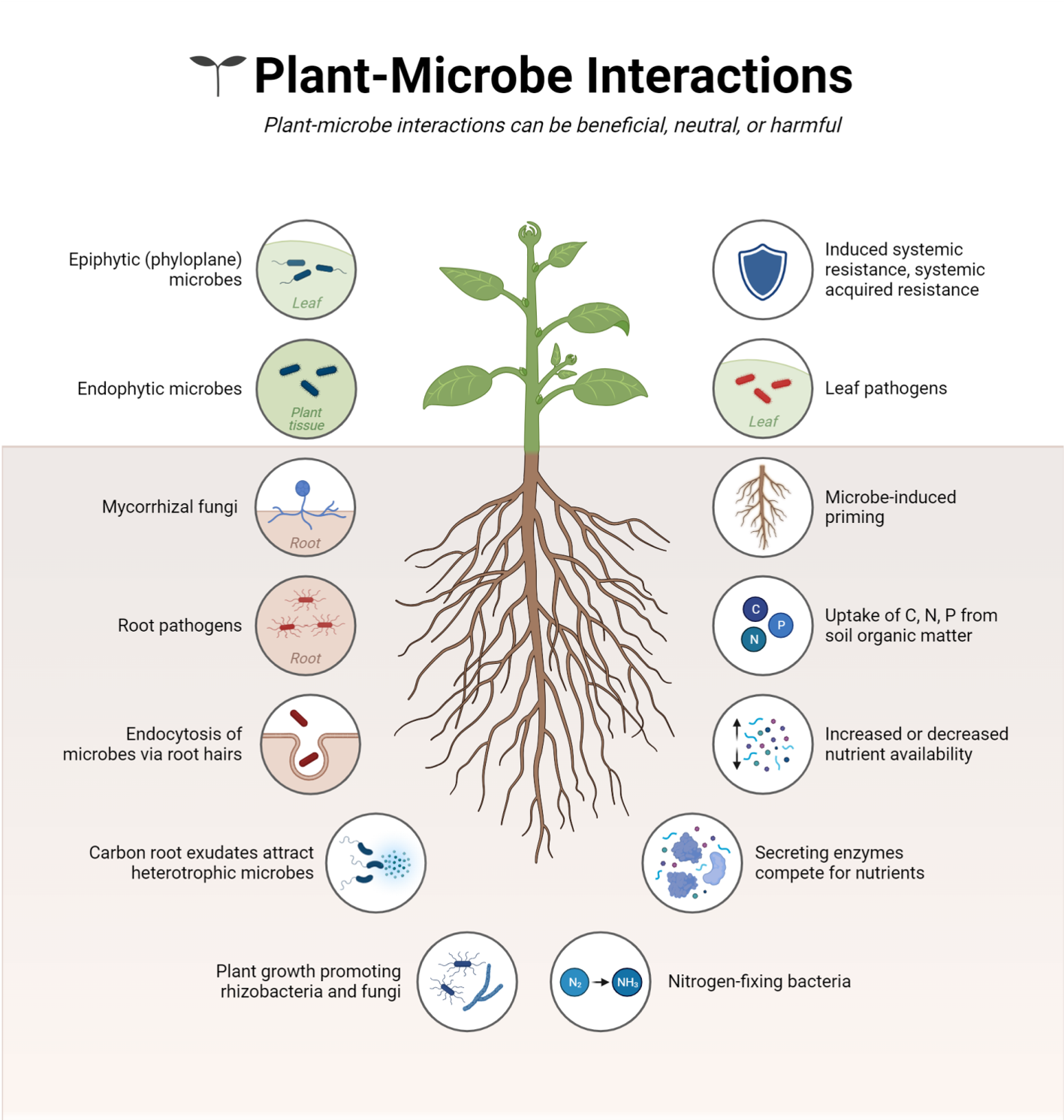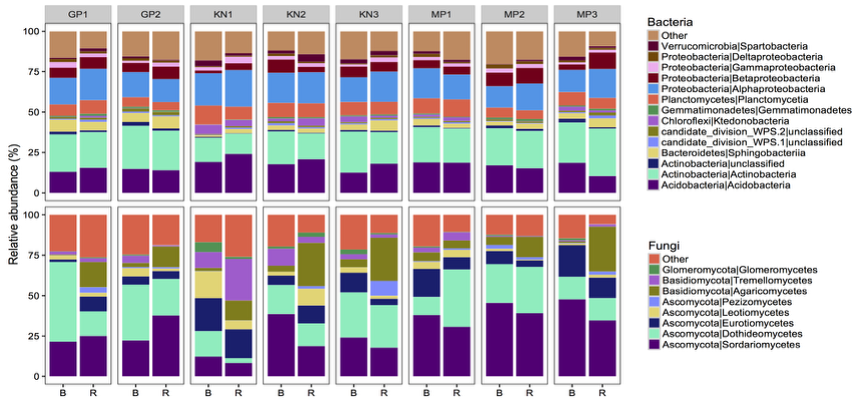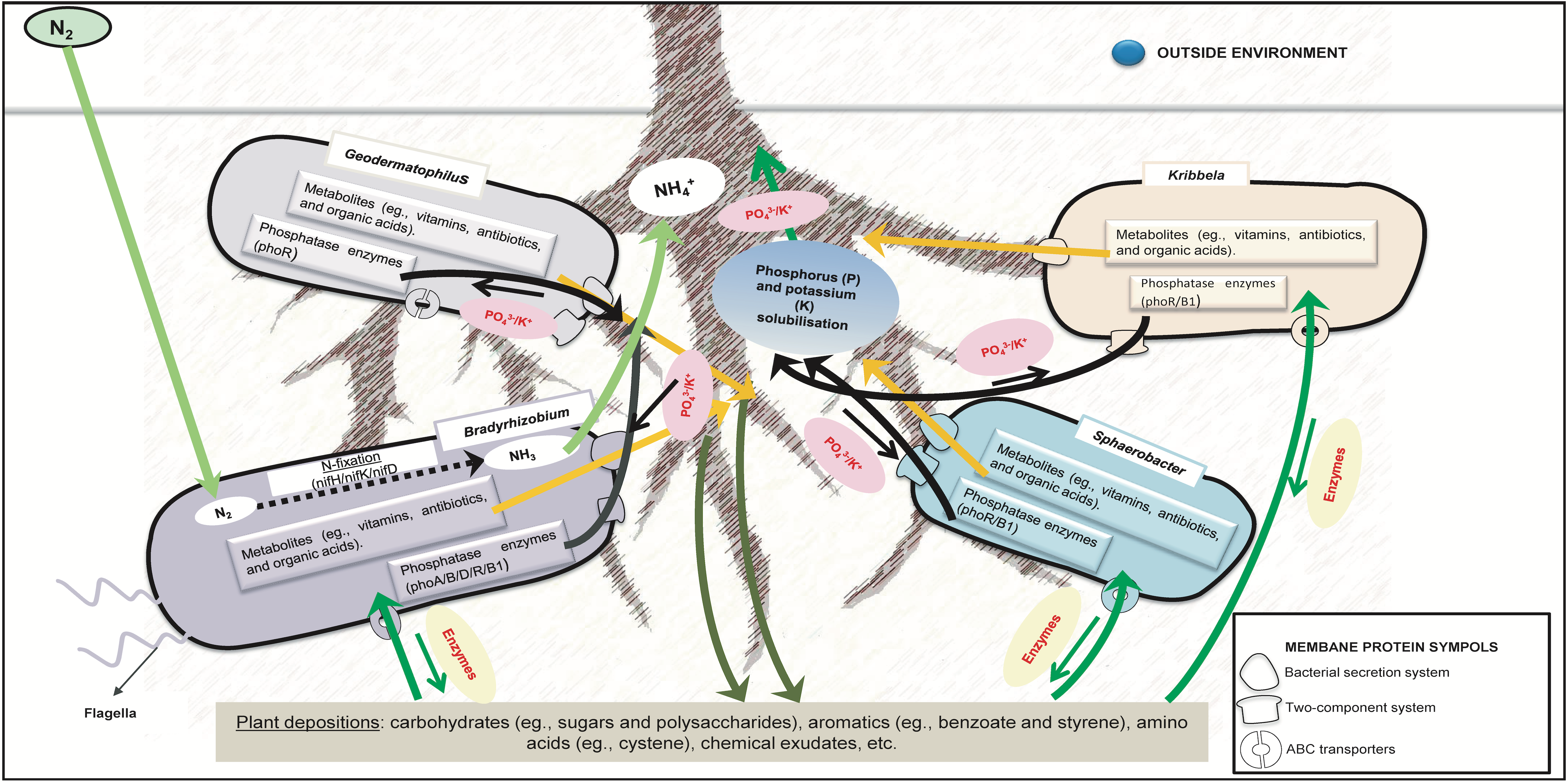
The African continent is at a critical juncture in its agricultural transformation journey. While crop production remains the backbone of most economies in Africa, its full potential continues to be stifled by a range of biotic and abiotic stresses - challenges that are further intensified by climate change. During the recently held APPSA Scientific Conference, Dr. Casper Nyaradzai Kamutando from the University of Zimbabwe delivered a thought-provoking keynote presentation on “Harnessing Genetic Innovations to Promote Resilient African Food Systems.”
The Genetic Innovation Imperative
Dr. Kamutando began by acknowledging a central paradox: although substantial progress has been made in breeding crop genotypes that are resilient to various stressors, many smallholder farmers in Africa - who form the majority of the agricultural workforce - are still experiencing alarmingly low yields. These farmers often lack access to technologies, inputs, and knowledge systems, perpetuating food insecurity and poverty.
With traditional approaches like heavy reliance on inorganic fertilizers and pesticides posing environmental risks, Dr. Kamutando emphasized the urgency of shifting toward sustainable, science-driven solutions that are also accessible to resource-poor farmers.
The Promise of Microbiome Science in Crop Breeding
A key highlight of the keynote was the exploration of plant-microbe interactions as a frontier in enhancing crop resilience. Dr. Kamutando pointed out that while microorganisms play critical roles in improving plant fitness under stress, their functions and mechanisms - particularly in the rhizosphere (the thin layer of soil near the roots of a plant) - remain poorly understood.
 |
 |
To address this gap, his presentation detailed the use of metagenomic approaches to decode the microbial communities associated with crops. Through rigorous DNA sequencing and bioinformatics analysis, researchers can now identify “who is there” (taxonomy) and “what they are doing” (functional roles like nutrient cycling or plant growth promotion). This data is invaluable in designing crop varieties that can actively recruit beneficial microbes from the soil, especially under extreme stress conditions like drought and heat.
A Case for Strategic Breeding and Genome-Level Insights
Dr. Kamutando presented compelling case studies demonstrating how metagenomic DNA sequencing and genome binning can lead to the discovery of plant growth-promoting (PGP) bacteria in the rhizosphere of exotic and invasive African plants such as Acacia dealbata. These findings offer hope for integrating microbiome-based strategies into conventional breeding programs.
 |  |
Importantly, the keynote concluded by calling for plant breeders to rethink their strategies - not just to select for traits above ground, but to consider the below-ground ecological interactions that could future-proof African crops in the face of intensifying climate change.
Moving Forward
The keynote resonated strongly with APPSA and Food Systems Resilience Programme stakeholders and underscored the importance of interdisciplinary research, advanced genomics, and farmer-centric innovations. As the continent continues to grapple with the dual challenges of climate change and food insecurity, insights such as those shared by Dr. Kamutando offer a clear direction: harnessing genetic and microbiome innovations to transform African agriculture into a more resilient, productive, and sustainable system.
This keynote was presented at the APPSA Scientific Conference held in April 2025. For more information, kindlky download and read Dr Kamutando’s kenote presentation by clicking on the following link: https://www.ccardesa.org/sites/secondsite/files/Presentations%20for%20the%20APPSA%20Conference/CNKamutando_APPSAConference_2April25.pdf






